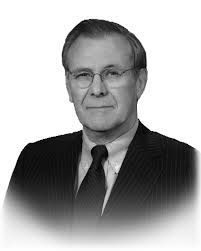On January 23, the IRS began accepting 2016 tax returns, and that means refund season is officially here. For 2017, the IRS expects 70% of Americans will get refunds, and those refunds will average around $2,840. Yes, if you're among that 70%, it means you paid in too much over the course of the year and gave the IRS an interest-free loan. (And no, they won't return the favor.) But millions of Americans still very consciously use their tax withholding as a savings account, and look forward all winter to receiving that sweet check.
That leaves just one nice problem to have — deciding where to spend it all.




